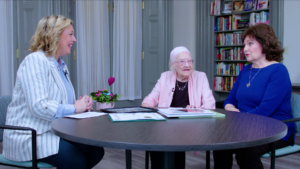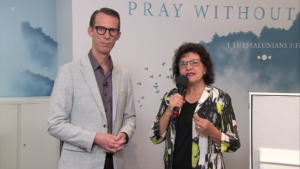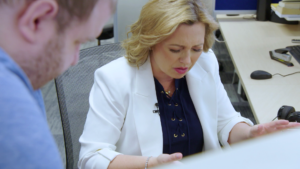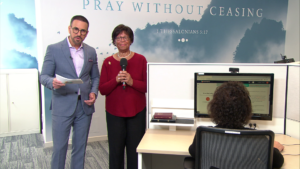
Experience the power of hope!
Watch full episodes of 100 Huntley Street on Castle.
We are Canada's longest running daily television show and the sixth longest running daily television show in the world. Authentic and interactive, 100 Huntley Street brings you the amazing stories of people – whether they be world, leaders, celebrities, sports figures, or everyday people – who have had life-changing encounters with God.
Latest
Subscribe To Our Newsletter
Today's Verse
And you must love the Lord your God with all your heart, all your soul, and all your strength.
- Deuteronomy 6:5 NLT
Today's Prayer
Dear God, I know that my soul is the essence of who I am. I desire to love you with all that is within me - as your word says, with all my heart, soul and with all my strength. Thank you for your interest in me.
Help tell more inspiring stories of Jesus through 100 Huntley Street by becoming a Crossroads monthly partner today

















